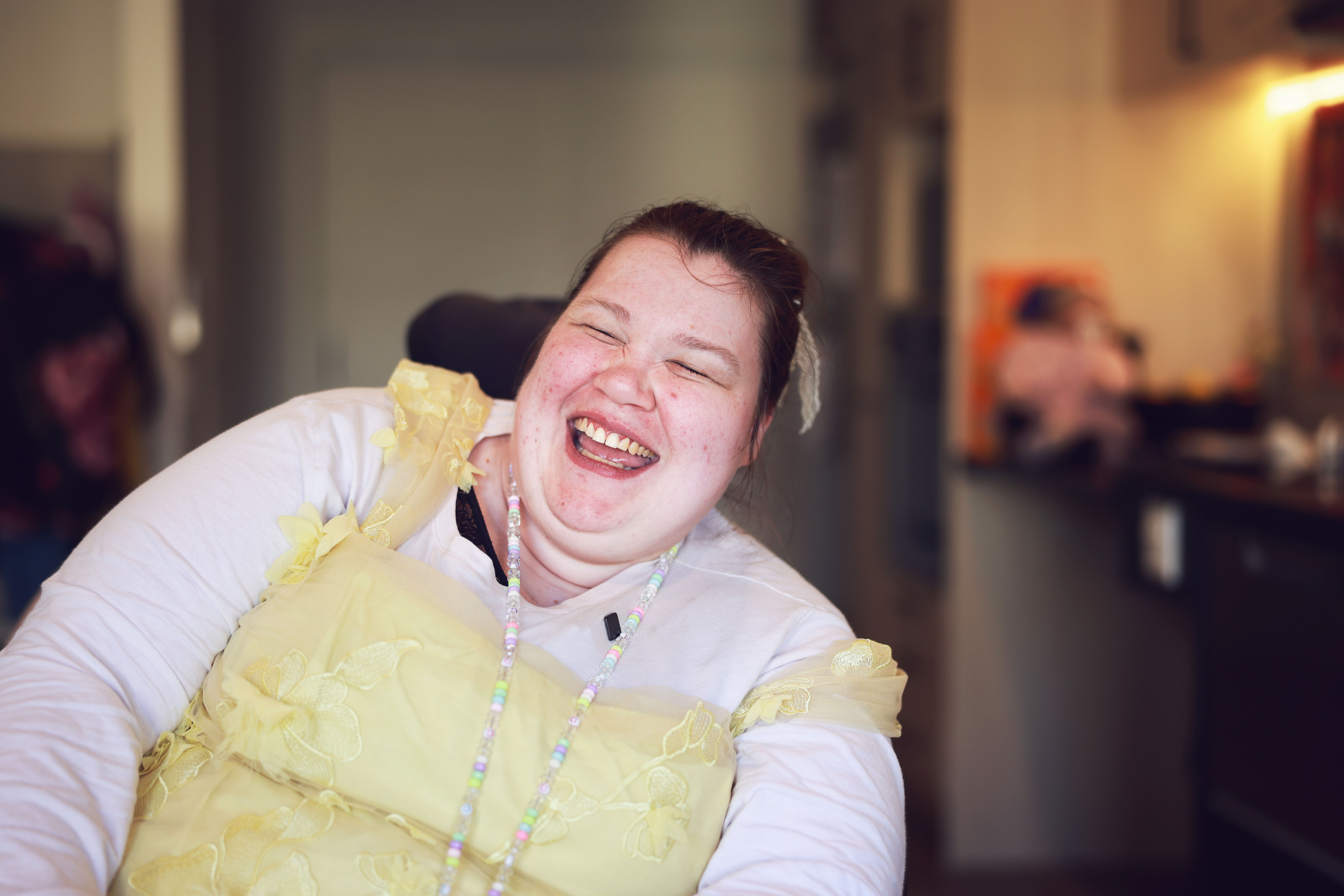Celebrating the Paralympics: A testament to human resilience and achievement
August 28, 2024

The Paralympic Games stands as one of the most powerful sporting events in the world. Like the Special Olympics, which provides year-round training and competitions for athletes of all ages, these games celebrate the achievements of athletes with disability, showcasing their unparalleled determination and skill This global event not only transforms lives, but also challenges societal perceptions of disability.
The roots of the Paralympics trace back to 1948, when Sir Ludwig Guttmann organised a sports competition for World War II veterans with spinal cord injuries in Stoke Mandeville, England. What began as a small event grew into a global phenomenon, with the first official Paralympic Games held in Rome in 1960. Since then, the Paralympics has become a premier international sporting event, attracting thousands of athletes from around the world.
The Paralympics is a testament to human resilience and adaptability and highlights the athleticism and dedication of Paralympians, who often train with limited resources.
The Paralympics plays a crucial role in changing societal attitudes towards disability. By showcasing the abilities and achievements of athletes with disability, the games challenge stereotypes and promote a more inclusive and equitable world. The visibility of people with disability as Paralympians in mainstream media helps to normalise disability and encourage greater acceptance and understanding.
Moreover, the Paralympics highlights the importance of accessibility and equal opportunities in sports. It serves as a reminder that everyone deserves the chance to participate in, and enjoy, sport. This message resonates far beyond the sporting world, influencing policies and practices in education, employment and public life.
The Paralympics reminds us that true greatness lies not in physical perfection, but in the strength of character.







